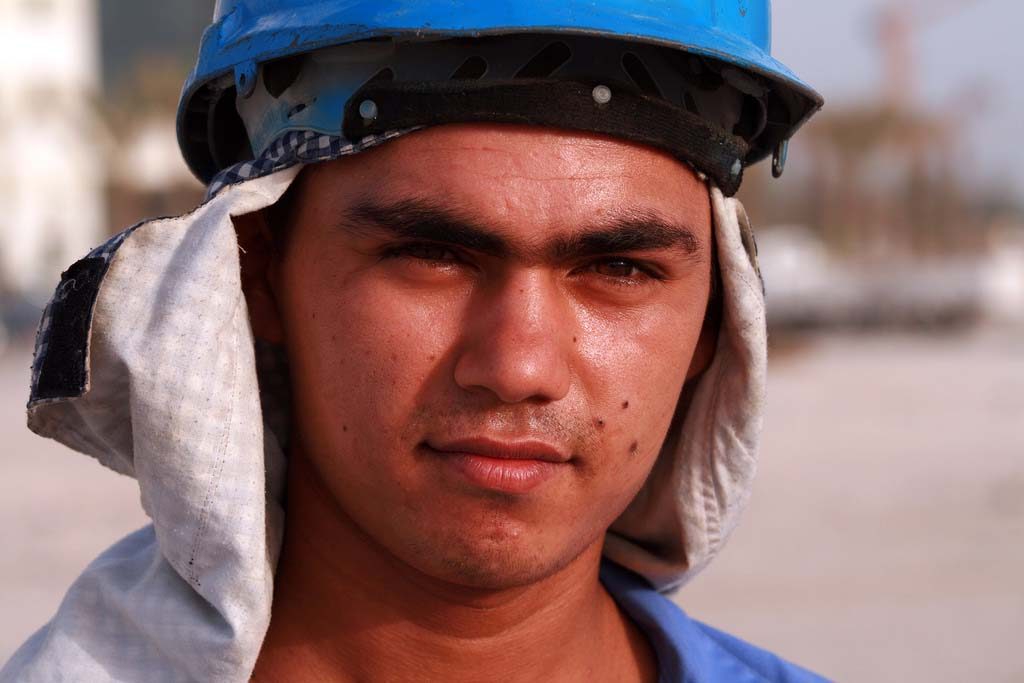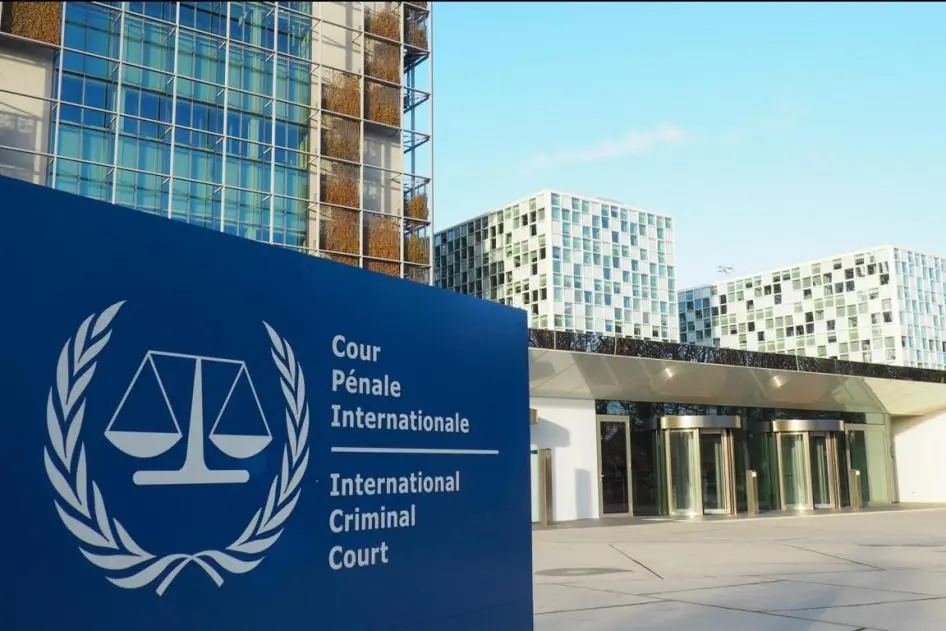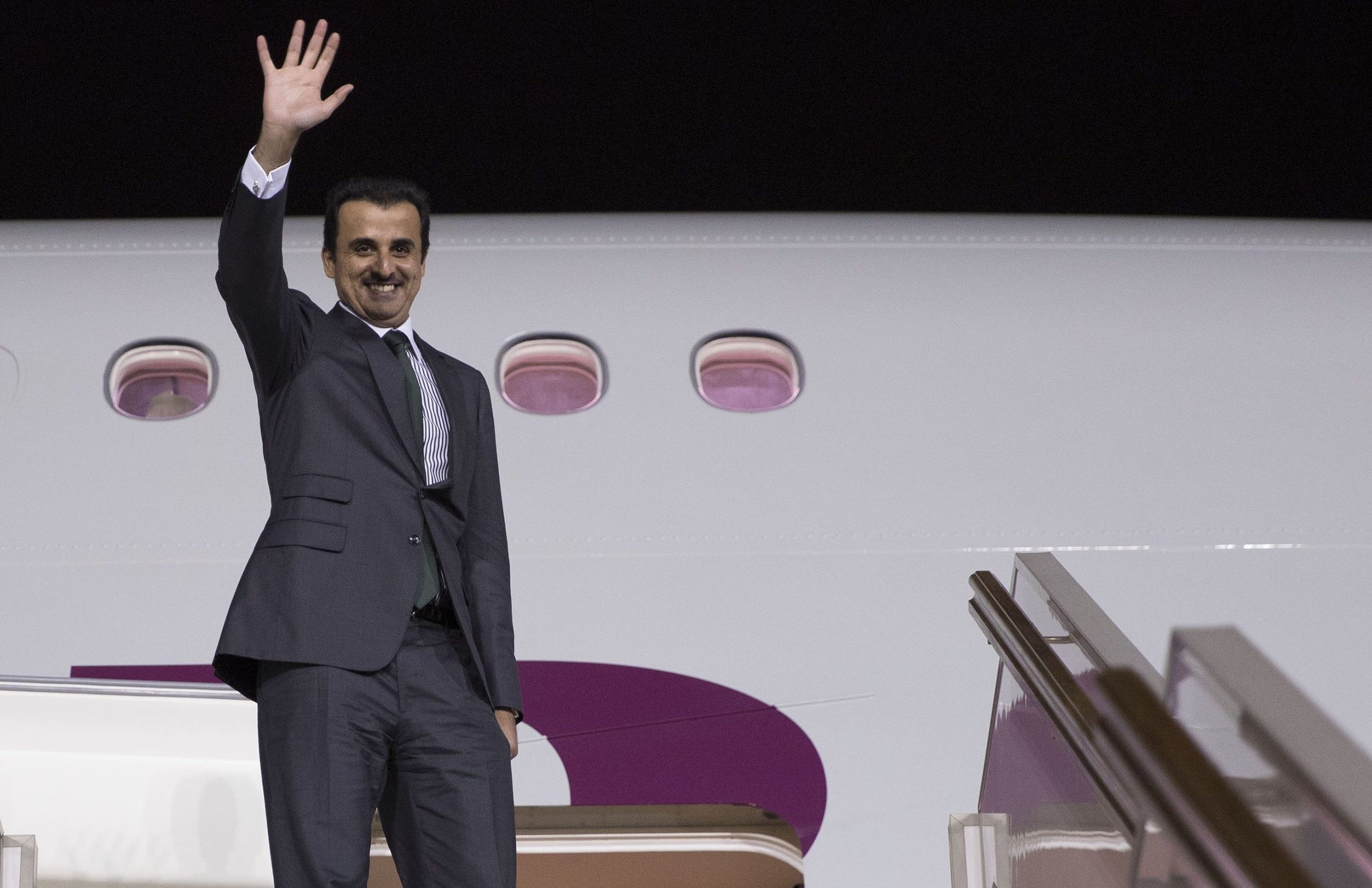
After being in the global spotlight for the past few years, Nepali workers are seeing better treatment in Qatar – but more still needs to be done, community workers have said.
On the shortlist: ensuring all nationals get paid on time, remain safe from abuse and out of trouble over cultural misunderstandings, the local chapter president of the Non-Resident Nepalese Association (NRNA) said.
The NRNA held its fifth annual Middle East regional conference in Doha this weekend.

Speaking on the sidelines, local chapter President Binesh Tamang talked about how government officials from both countries have been working to improve conditions for Qatar’s 400,000-strong Nepali community.
This follows an international media frenzy touched off in 2013 by a Guardian report about the rising death toll of Nepali workers in Qatar.
Wage protection
So far, one measure that has been helping expats here is the rollout of the Wage Protection System (WPS), which requires firms to pay their employees through direct bank transfers.
This makes it easier to scrutinize and document any late or non-existing payments.

However, Tamang said while WPS is helpful, late payments continue for many.
To solve this, he urged both the Nepal and Qatar governments to increase monitoring of the system.
Improving rights
For two days, NRNA members from across the Middle East and many senior Nepalese government officers, embassy staff and media representatives gathered at Doha’s Millenium Hotel to discuss worker safety and other issues.
One topic that took center stage was the importance of online employment contracts that are attested by receiving country’s
labor ministries.

Such contracts would ensure that Nepalis are not promised a certain wage or position, but given another when they get here.
“Sometimes our citizens come with the promise of a higher salary that is actually not what they receive,” Tamang told Doha News.
The organization also discussed the need for receiving countries like Qatar to hold orientation sessions for workers before they even leave Nepal.
These informational meetings would be held in workers’ native language.
They would outline some of the basic dos and don’ts in terms of respecting the culture of the receiving country, as well as highlight workers’ human rights by telling them where to go or whom to contact for help in case of complaints.
Women’s rights
The conference also had a dedicated session on the safety of Nepali women, who number approximately 30,000 to 35,000 in Qatar.
They are mainly employed by the hospitality industry, or as cleaners and domestic workers.

Speaking to Doha News, Sapila Rajbhandari, Women’s Coordinator for the NRNA International Coordination Committee, said, “The main problem that Nepali women workers face in the Middle East centers around violence.”
She added that thousands of women work in Qatar, Saudi Arabia and other countries illegally because of restrictions Nepal has placed over the years due to safety concerns.
“Whenever any country is declared ‘closed’ for migration, we see an increase in the number of women who migrate illegally to work there. Nepal has also closed Kuwait recently.”
Rajbhandari said the issue is aggravated by the fact that domestic workers do not fall under Qatar’s labor law.
“We are actively asking for domestic workers to get included as a separate category in the legal documentation to safeguard (them),” she added.
Thoughts?







